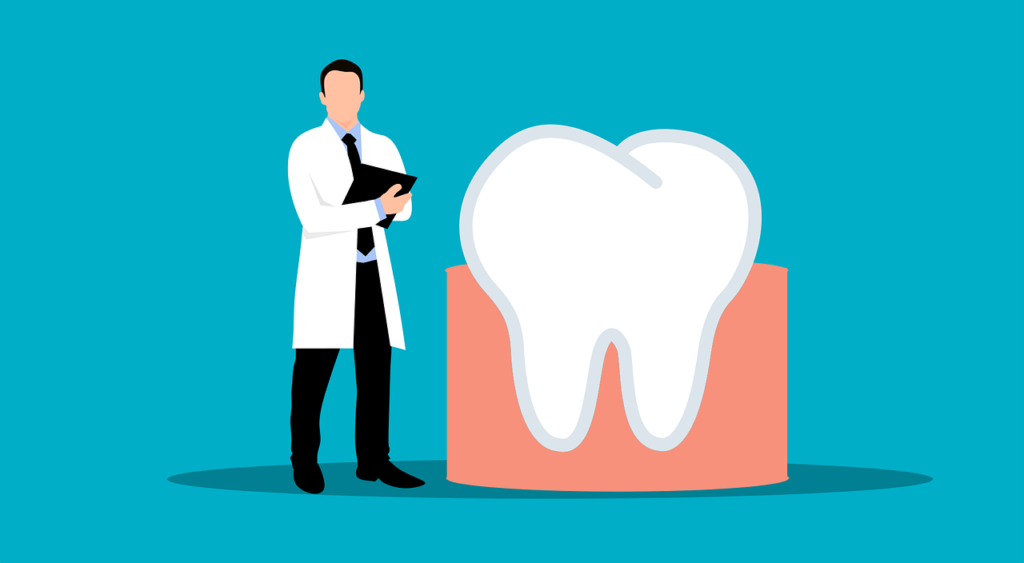Dental Emergencies
Dental emergencies are generally pretty serious issues if one should happen to you. Since you only get one set of permanent adult teeth, if any of them are damaged or at risk of falling out, you should consider it an emergency.Dental Emergencies – What classifies as one?
Toothaches
Chipped, Broken, Or Knocked-Out Teeth
Partially Dislodged Tooth
Immediately contact a dentist that sees you as soon as possible. Try not to eat or drink anything until you get the tooth treated. If you must, only eat soft foods and use the opposite side of the mouth. Do not drink warm or cold fluid as the nerves of the tooth may be exposed which will cause pain. You can also use the same cold compress method, and take a dose of Advil or Tylenol.
Objects Stuck Between Teeth
lost filling or crown
Severe Swelling
Broken Orthodontics
Dental Abscess
Bleeding And Pain After A Tooth Extraction
At-Home Remedies (DIY) For Pain And Swelling
- Over-the-counter medication
- Cold compress
- Fresh garlic
- Head elevation
- Saltwater rinse
How can I prevent a dental emergency?
Some dental emergencies can’t be prevented, for example, if you get into a car accident, or slip and fall on the road. However, most dental emergencies like toothaches and fractured cusps have a simple, easy way to prevent them, it just involves doing a standard oral care routine twice a day every day:
- Less plaque build-up – Plaque can be brushed off, but if left alone it will harden to tartar.
- Less acid build-up – Bacteria in your mouth produce acid from carb digestion.
- Fresher breath – Food particles in your mouth will go bad and can cause infections.
- Healthy gums – Gum disease (gingivitis) can be prevented with good oral care.
Summary
Most dental emergencies can be prevented by brushing flossing, and using mouthwash twice a day, every day.

Can any clinic treat a dental emergency?
It depends on the severity and complexity of the emergency. General dentists can handle a wide array of dental procedures since they often have to. However, if the dental emergency has extra complications involved or the dentist is unsure that they can complete it, they will most likely refer you to a specialist.
There are a number of advanced oral care specialists:
- Orthodontist – Specializes in correcting misaligned teeth.
- Oral and maxillofacial surgeon – Works on the hard and soft tissues in your mouth.
- Periodontist – Focuses on gum health and diseases.
- Prosthodontist – Experts in teeth that have advanced decay or damage.
- Endodontists – They are concerned with the inside of the tooth.

Summary
Some common dental emergencies are:
- Severe toothache – Toothache that causes disruptive pain.
- Broken/Knocked-out teeth – Any time a tooth is damaged/knocked loose.
- Lost filling or crown – This can cause infection or further damage to that tooth.
- Broken Orthodontics – Can delay the teeth straightening process, and is very expensive.
- Dental abscess – An infection of the inner pulp of the tooth.
- Bleeding and pain after the tooth extraction – Get help if it continues for a significant amount of time after the extraction.
Frequently Asked Questions
It depends on the clinic and there experience, at Smiles Dental Group we can definitely handle emergencies, even during off hours.
it will depend on what emergency you have. A dental extraction is much less costly then a root canal for example.
